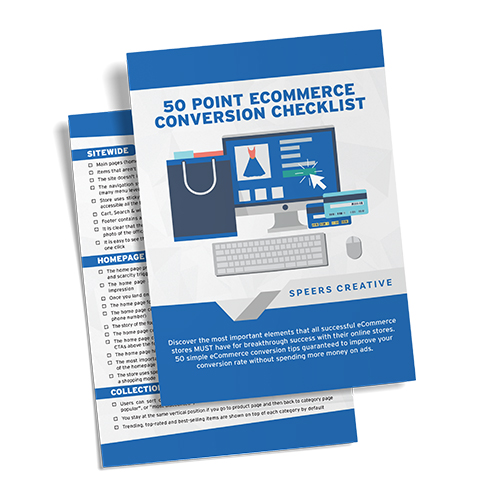Mobile vs. Desktop: Why You Need Both to Survive in the eCommerce Space
Created On: July 12, 2021
Created By: SC-Developer

According to reports, 63% of all US online traffic comes from handheld devices, which means that mobile devices are now the leading source of internet sales in the US. However, mobile users expect a web-browsing experience that is comparable to that of a desktop, which has been the real challenge for companies using a mobile-first approach. This is mainly because fixed internet connection speeds, as in, the internet used by your PC, is far superior (as of now), as compared to mobile connections.
For instance, the average internet speed of a desktop computer is around 54 MBPS, as compared to just 25 MBPS of mobile connections. So, this explains why mobile devices are still lagging behind the humble PC in terms of time spent on the internet. But don’t write off either just yet. Here are a few things you need to know, especially if you’re about to embark on a new business venture in the eCommerce space.
So, when it comes to mobile vs. desktop, the question is, should you even bother creating a mobile app to go with your eCommerce store? The short answer is – absolutely. The following are some of the reasons why you should consider both PC and mobile experience when attracting consumers.
Improved Customer Experience
Similar to how eCommerce websites have made it easier for consumers to find and purchase the products or services of their choice, mobile applications broaden that experience, enabling consumers to make purchases on the fly via their mobile devices.
Mobile Apps Work Smoother
Sure, PC internet speeds are higher than the speed of mobile internet connections; however, with a clever UX design strategy, you can make your mobile app or website more streamlined and cross-platform compatible with a few tweaks and adjustments. This will translate to a better user experience and more personalized content, tailored according to the customer’s location, preferences, interests, and buying behavior.
Apps Improve User Accessibility and Convenience
eCommerce has opened doors for many budding entrepreneurs and businesses, that were traditionally brick-and-mortar establishments, to make the switch online. However, not many businesses take the mobile aspect of eCommerce seriously, and ignoring the need for eCommerce apps means leaving money on the table.
One digital trend that’s growing in the eCommerce space is the use of both websites and mobile applications that can also provide a website-like browsing experience for the consumer.
Keeping that in mind, mobile eCommerce is not here to replace traditional PC eCommerce. Rather, mobile applications are being designed to improve the user experience across different size screens with the ultimate goal to improve sales not just on PC or mobile devices but across the board.
Sc Inside Tips
Subscribe to the SC Insider Newsletter and get real eComm marketing tips and optimization tactics that we use every day inside our agency, all yours completely FREE...


